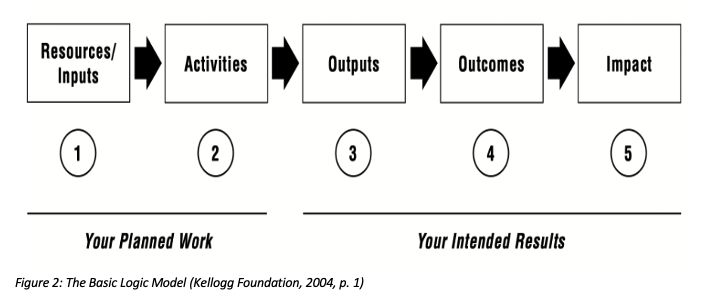AI Pioneers Project Invitation to Tender for External Evaluation
Ai and Education and Training
A European Joint Research Council policy foresight report suggests that “in the next few years AI will change learning, teaching, and education. The speed of technological change will be very fast, and it will create high pressure to transform educational practices, institutions, and policies.” They say it is therefore important to understand the potential impact of AI on learning, teaching, and education, as well as on policy development.
UNESCO says AI has the potential to accelerate the process of achieving the global education goals through reducing barriers to accessing learning, automating management processes, and optimising methods to improve learning outcomes.
AI Pioneers Project
The new AI Pioneers large scale Erasmus+ project launched in January 2023 and running to December 2025 the issues of capacity, both systemic and institutional, through working with teachers and trainers, educational planners, stakeholders, and policy makers in Adult Education and Vocational Education and Training, to identify, develop and pilot use cases of artificial intelligence in education and training including considering their impact on data, privacy, ethics and EU values. The project will develop a supplement to the DigCompEdu Framework for the skills and competences related to the use of AI in education. It will also produce recommendations, toolkits and implementation guidelines on the role and use of artificial intelligence. Central to the project is the development of a network of AI Pioneers as a Community of Practice.
The term Pioneers is taken from DigCompEdu (Redecker, 2017) and is defined as follows: “Pioneers question the adequacy of contemporary digital and pedagogical practices, of which they themselves are Leaders. They are concerned about the constraints or drawbacks of these practices and driven by the impulse to innovate education even further. Pioneers experiment with highly innovative and complex digital technologies and/ or develop novel pedagogical approaches. Pioneers are a unique and rare species. They lead innovation and are a role model for younger teachers.”
External Evaluation
The tasks for the external evaluator will include the evaluation of:
- The quality of the project process,
- Project coordination,
- Overall project progress,
- Project impact.
An external quality audit report will be issued on an annual basis to be disseminated within the partnership in the form of a digital document, in English.
The external evaluation is based on a logic model according to the recommendations of the W.K. Kellogg Foundation (2004) for the evaluation of programs. The minimum categories required of the logic model, which forms the basis of the external evaluation, are shown in the figure below (see Figure 1). The evaluation is thus a combination of formative evaluation (Resources ► Activities ► Outputs) and summative evaluation (Outputs ► Outcomes ► Impact). An extension and consideration of the category “Assumptions” is desirable (Kellogg Foundation, 2004, p. 11)[1].

Figure 1: The Basic Logic Model (Kellogg Foundation, 2004, p. 1)
The submission of tenders for the external evaluation should include:
a) Previous experience in evaluation
b) Approach and methodology for the external evaluation
c) Outline costing
The available funding for the external evaluator is Euro 5000 for the project duration of 36 months.
The deadline for applications is 12 midday CEST on 20 June, 2023
Submissions, questions, and requests for further information may be sent by email to Graham Attwell, the project internal evaluator. Email: graham10@mac.com.
[1] W. K. Kellogg Foundation (2004). Logic model development guide. https://www.betterevaluation.org/sites/default/files/2021-11/Kellogg_Foundation_Logic_Model_Guide.pdf

